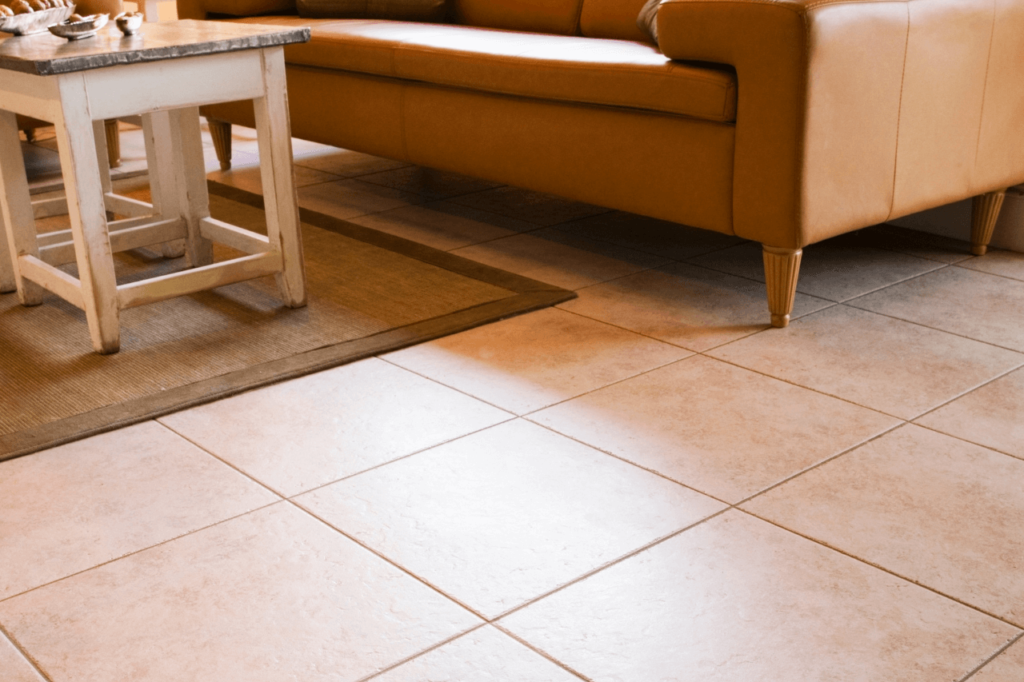Pros and Cons of Wooden Tiles
Tiles have become one of the most popular options for homeowners seeking to initiate a home improvement venture on a budget. According to Forbes, general Tile projects can cost between $2000 and $6000 on average, with some ventures costing even less when one isn’t dealing with extensive spaces. Apart from its affordability, another attractive feature of this option is its high levels of versatility. There are numerous alternatives to choose from when it comes to tiles, with individuals given the choice of a variety of materials and designs.
Wooden tiles have quickly become one of the more popular options for homeowners looking to integrate a sense of homeliness with their decorative style. This popularity has led to the rise of multiple alternatives such as laminate and PVC that have been manufactured to mimic natural lumber, but it can be argued that nothing compares to the real thing. According to Grand View Research, the wooden flooring market was valued at $7.3 billion in 2020 and was projected to experience a compound annual growth rate (CAGR) of 2.4% between 2023 and 2030.
Benefits of Wooden Tiles
Some of the advantages of wooden tiles include:
- Wooden tiles represent a cost-effective option for individuals seeking to implement wooden flooring with their renovation. This option is available at a significantly lower fee compared to solid hardwood floors.
- These fixtures also offer high levels of aesthetics that are hard to match with other alternatives.
- This approach can also adopt an eco-friendly approach with the use of reclaimed wood, minimizing the carbon footprint of your remodeling activities.
- They’re easy to maintain, and with proper TLC can last for up to 20 years, representing great value for money.
- The tiles are available in a wide range of hues and styles, ensuring they can be integrated into any interior decor a homeowner chooses.
Cons of Wooden Tiles
Some of the disadvantages of wooden tiles include:
- Compared to alternatives such as concrete and exotic stone, wooden tile isn’t a hardy option when looking to deal with heavy traffic areas.
- This Tile can also tend to get a little bit slippery when wet or freshly polished, making such areas hazardous during cleaning and maintenance.
- Due to their nature, wooden tiles aren’t suitable for several environments, including areas with high moisture levels such as the bathroom. They’re also not suitable for exterior projects in areas with harsh weather conditions.
- The quality of lumber involved with the tiles plays a significant role in the longevity of the fixtures. It’s also hard to identify quality lumber without an experienced eye.
What to Consider with Wooden Tiles
As simple as tile installation projects might seem, the process isn’t as straightforward as some might think. Hiring a professional is crucial to your chances of success, especially when dealing with complex patterns. Opting for hardwood alternatives such as teak and oak is also recommendable when looking to enhance the potential longevity of the fixtures. Some softwoods such as redwood can also offer satisfactory quality levels.
If you’re …
Pros and Cons of Wooden Tiles Read More »

